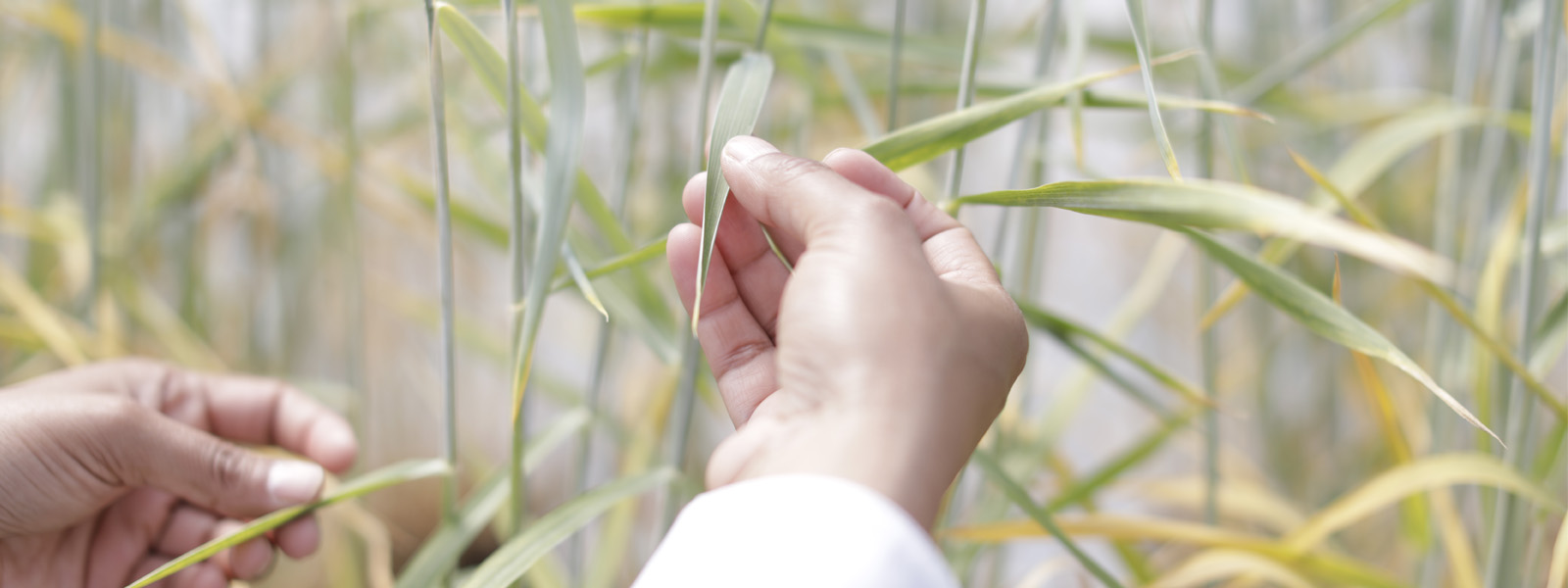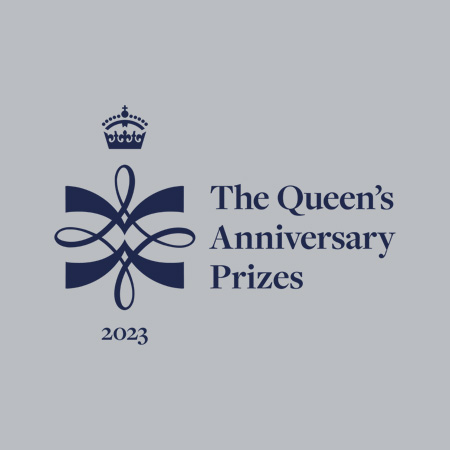Key Features
Conduct independent, original, and academically significant research
Benefit from training courses to develop key research skills
Supervision and support from academic staff
Present at talks and seminars to showcase your work
Enrol in January or October each year





